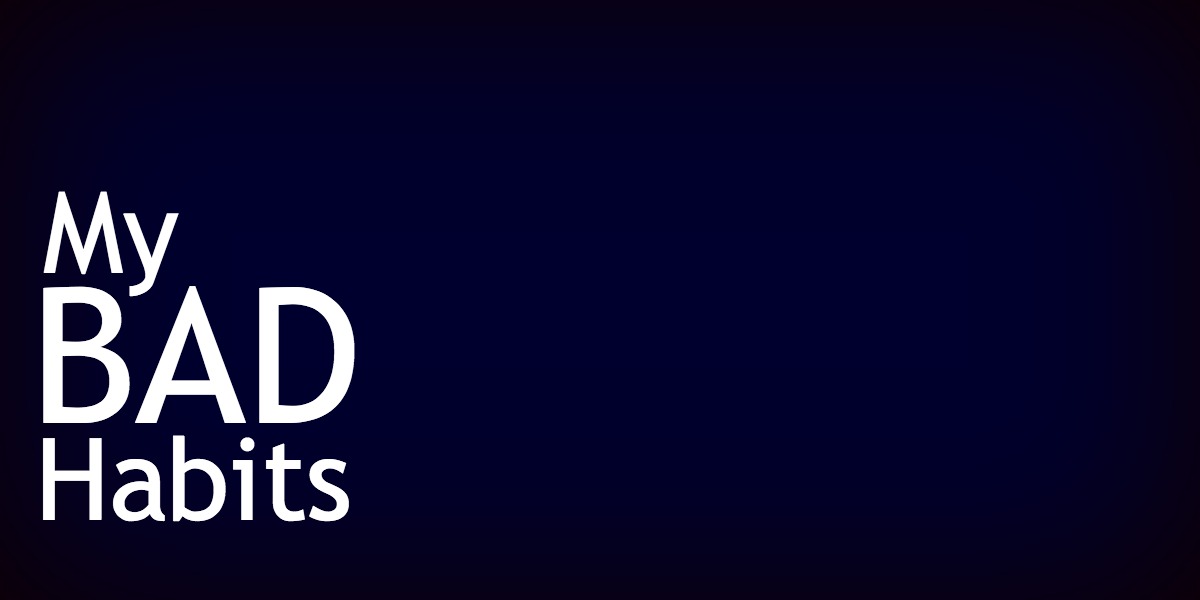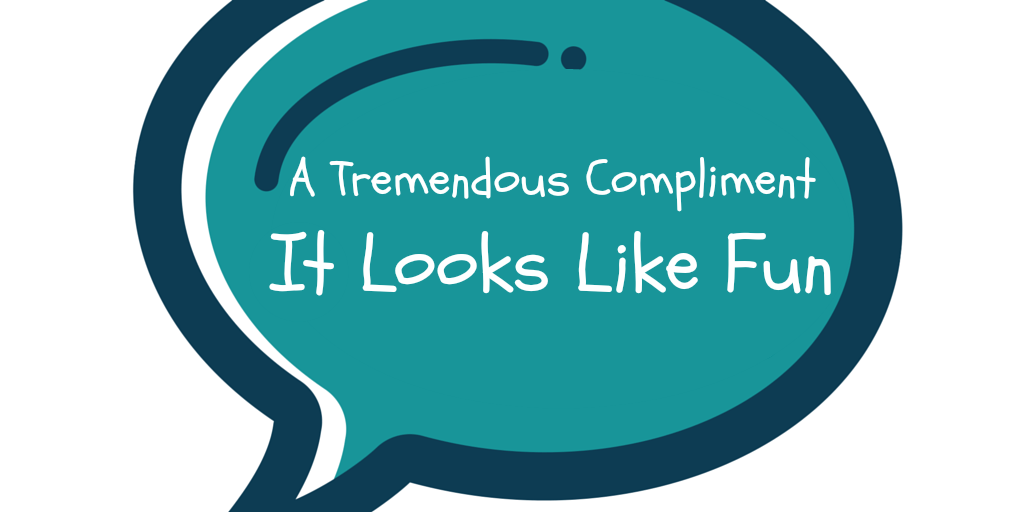
My Bad Habits
I have been in this position long enough to realize that the organization will reflect my bad habits. This has happened to me on multiple occasions now. For a time, the number one complaint on my team was that their job felt like a grind for which there was too little feeling of reward or accomplishment. This complaint came not just from my team, but from up and down the organization. Upon reflection, I figured out this was my bad habit. I was the one setting the tone not for celebrating success, but moving quickly past success into the next action.
Just last week I posted about starting new things or having meaningful discussion about next steps, then not executing all the way through to successful accomplishment. This is one of my opportunities for improvement. It is also an opportunity for improvement for the organization. Unintentionally, the teams around me have adapted to this style to be prepared to start many things, then be ready to adapt to the next idea before fully completing the last.
There is some good news here. The organization may reflect bad habits, but it adapts to magnify good habits too. You’ve likely read The 21 Irrefutable Laws of Leadership by John Maxwell. He discusses the Law of Magnetism from the perspective that who you are is who you attract. The point is that in a few key areas, such as values, attitude, background and energy, who we are as leaders determines the type of people we attract. To some degree it determines the people we choose to be on our team when we have a chance to hire or recruit. I believe this law applies to behavior as well. These core characteristics may determine who we attract, but our behaviors begin to align over time as well.
The best example of this I can give, involves my son Bennett. Right after he gained the ability to communicate with us using words, I noticed that any time we would ask him what he wanted or about a preference he would start by saying “probably…” followed by a pause, then an answer. I kept telling him for about two weeks straight that he does not need to say “probably” first, just tell me what he wants. Despite my repeated instruction the habit wasn’t getting any better. Then my wife asked me a simple question, like what I wanted to drink with our dinner to which I replied “I’ll probably…(pause) drink water.” Followed immediately by “Dang it! It’s me!” That’s when it hit me that Bennett did not have a bad habit, I did. He was only reflecting it.
As the wisdom goes, if you really want to make change, you must first change yourself. Then if the organization, business or family, truly reflects my habits, this is both true and an effective strategy.




